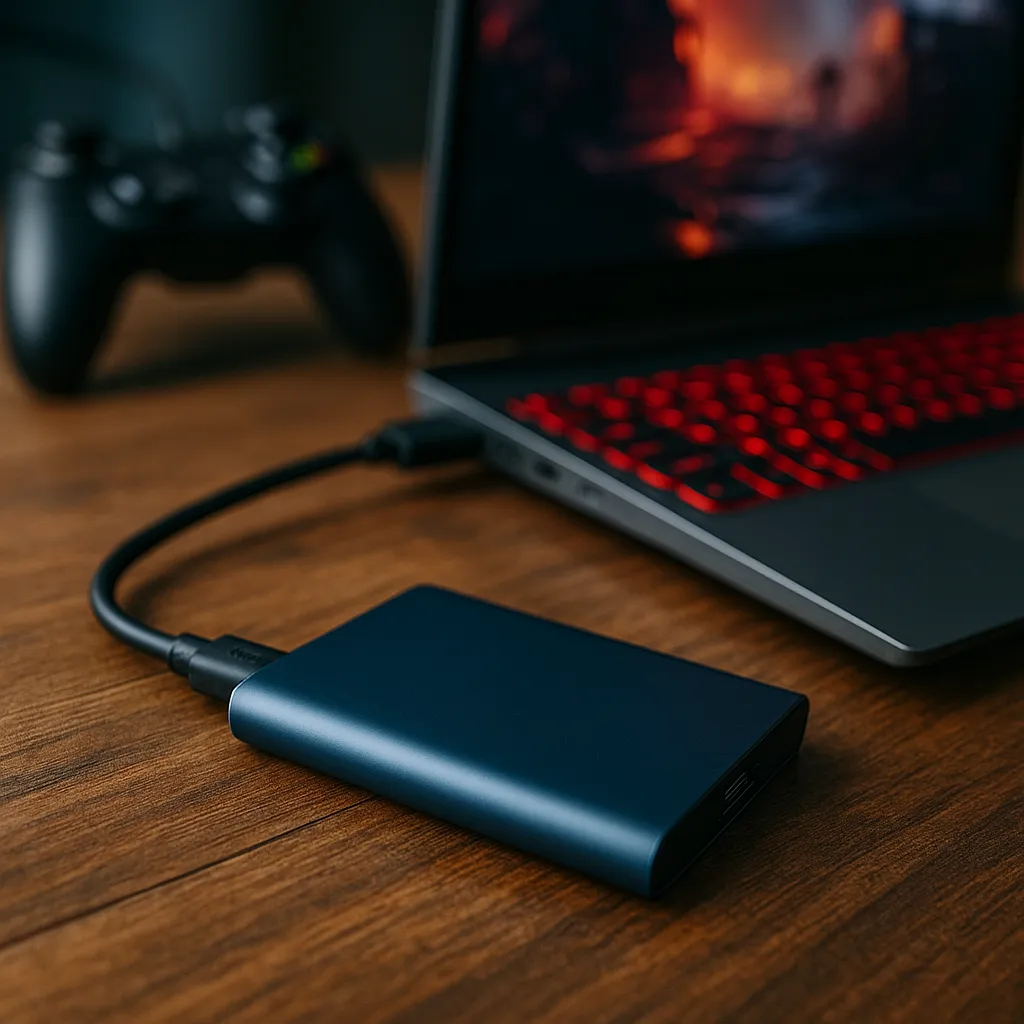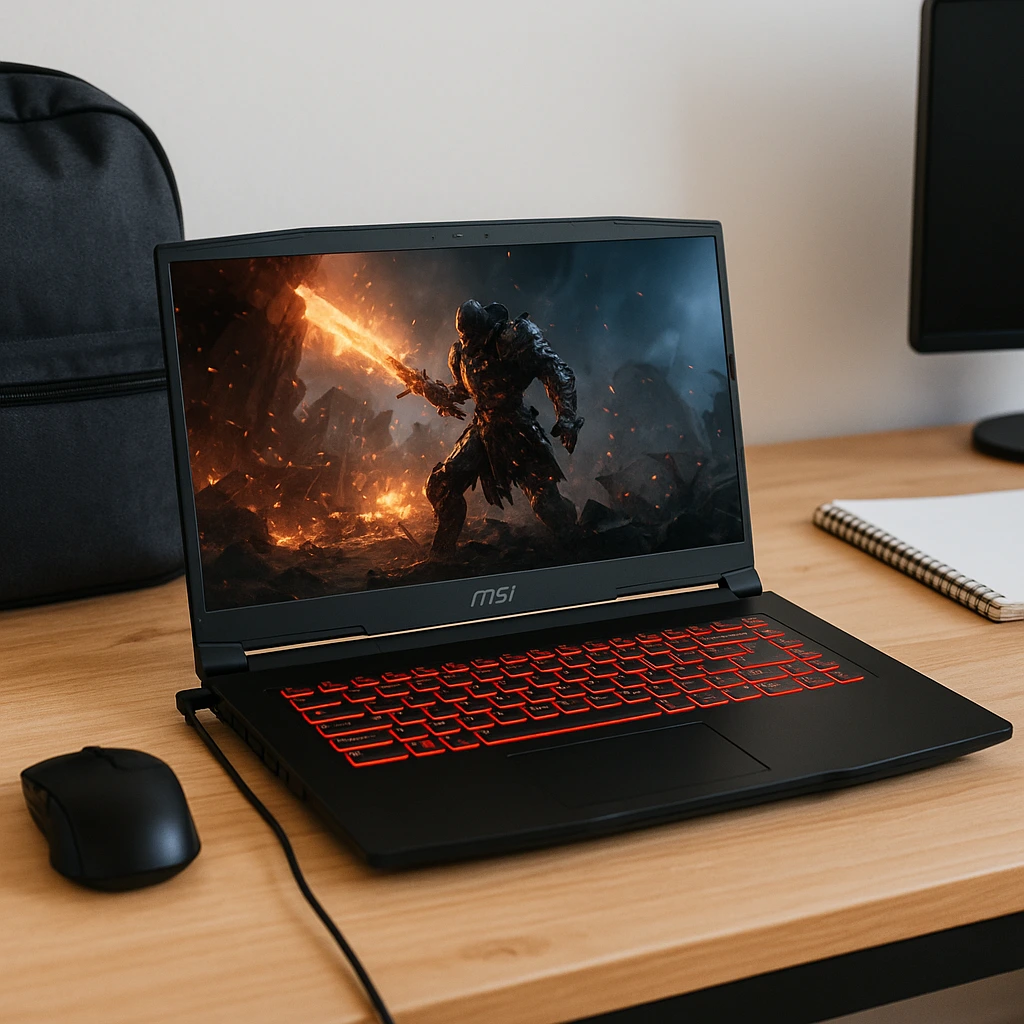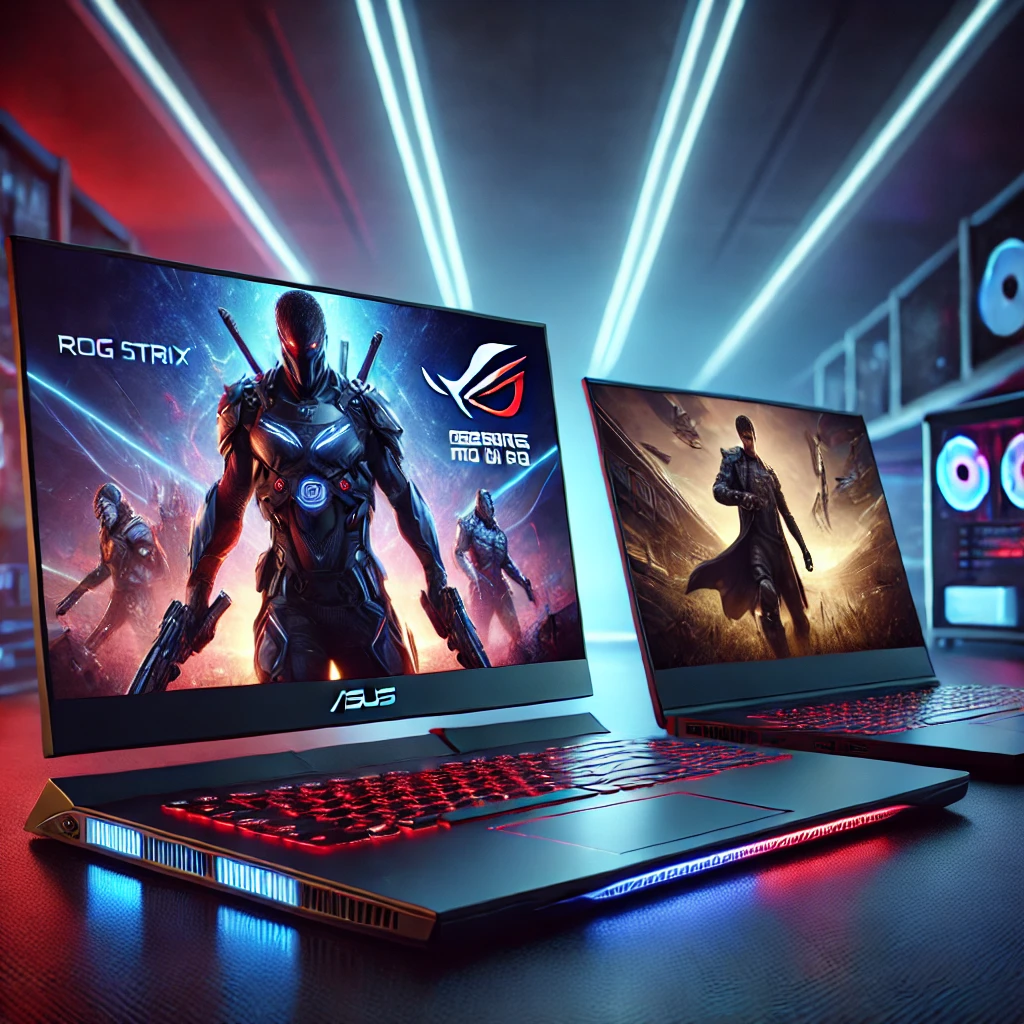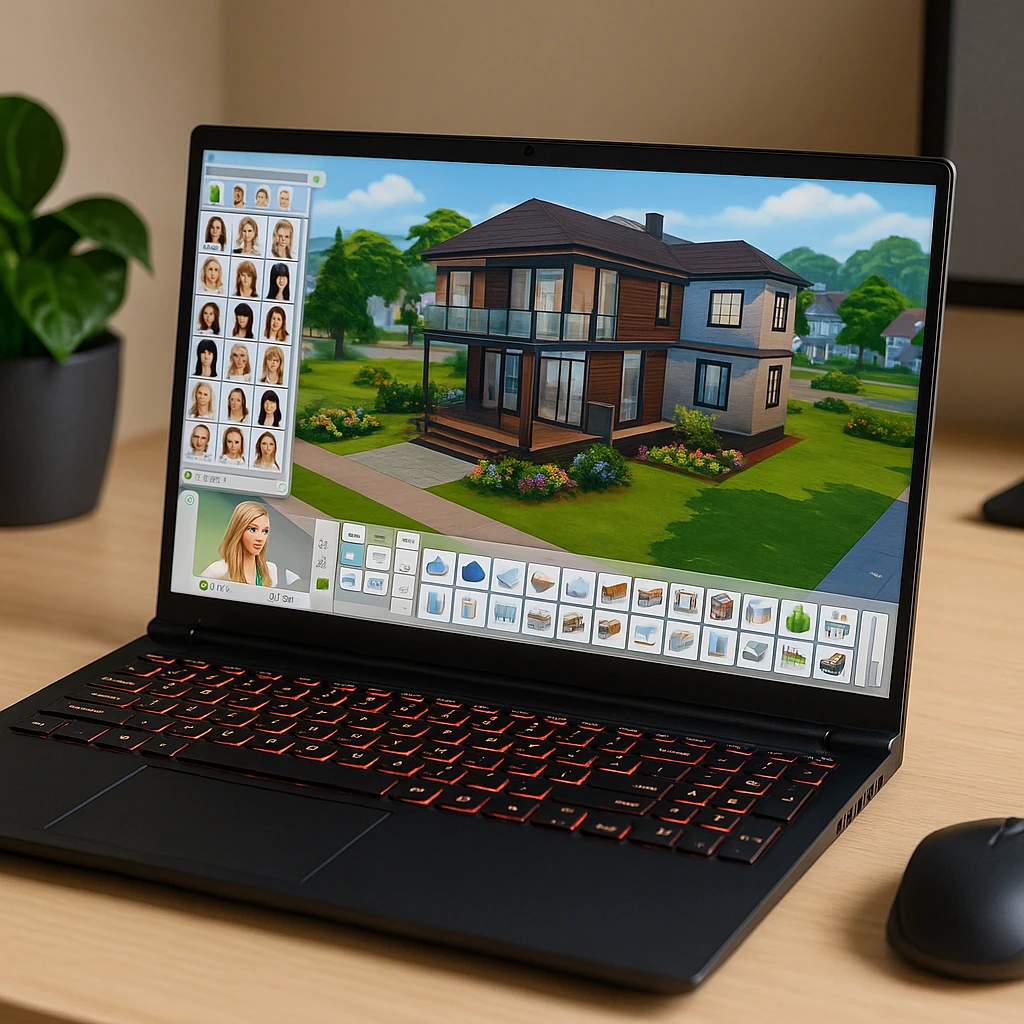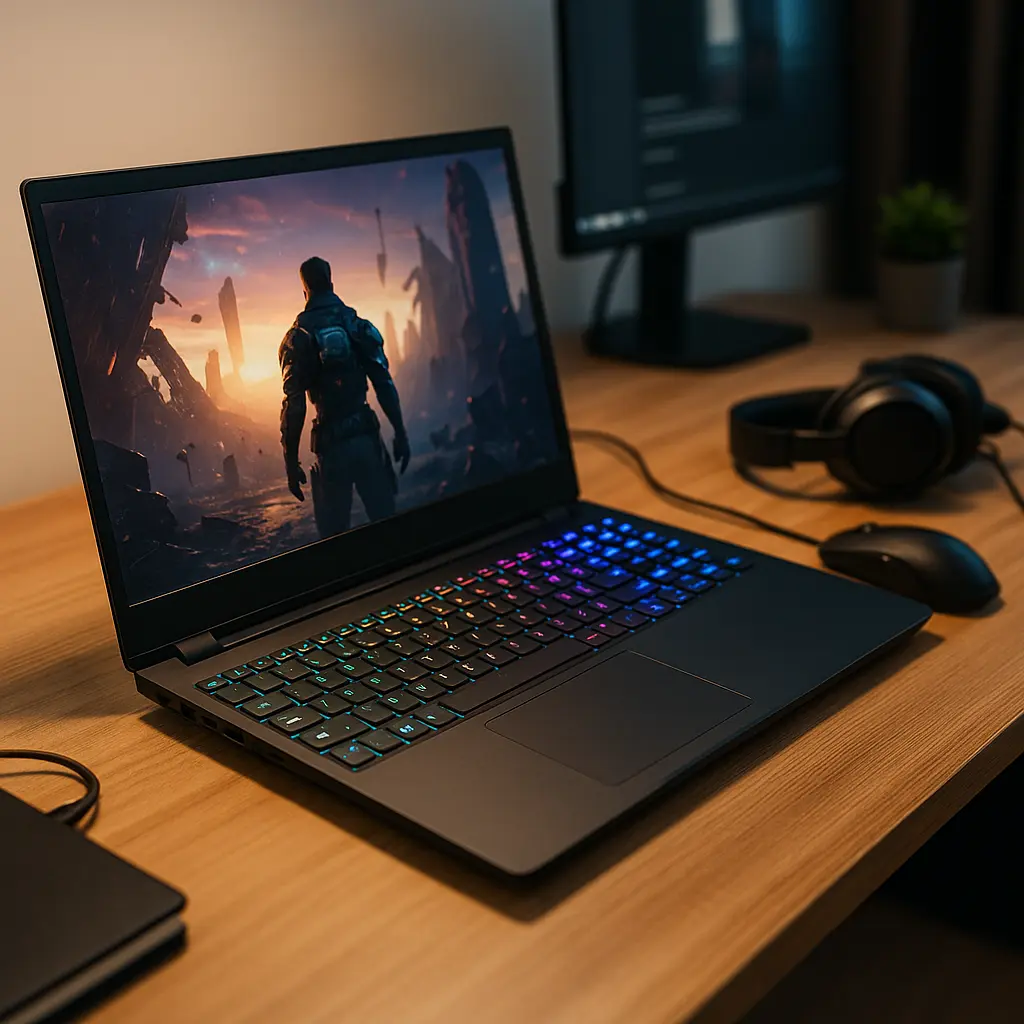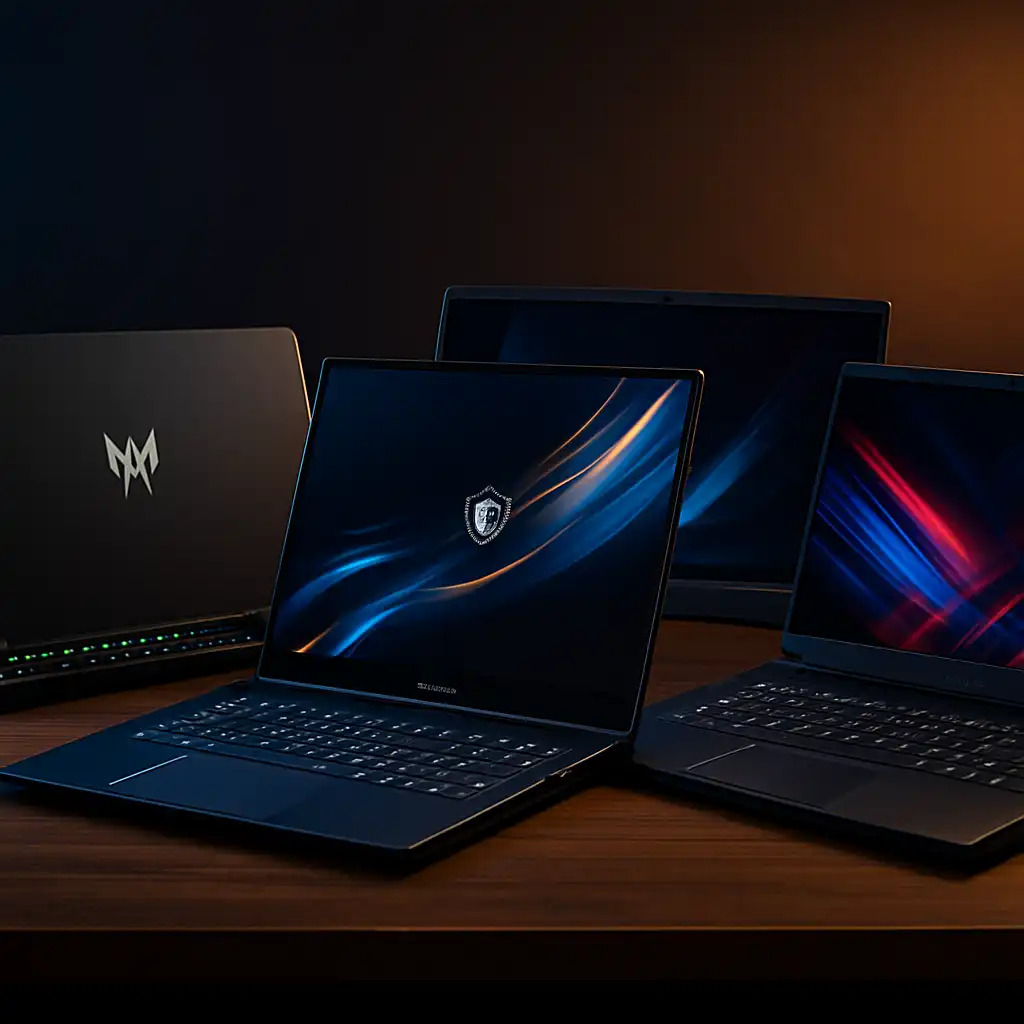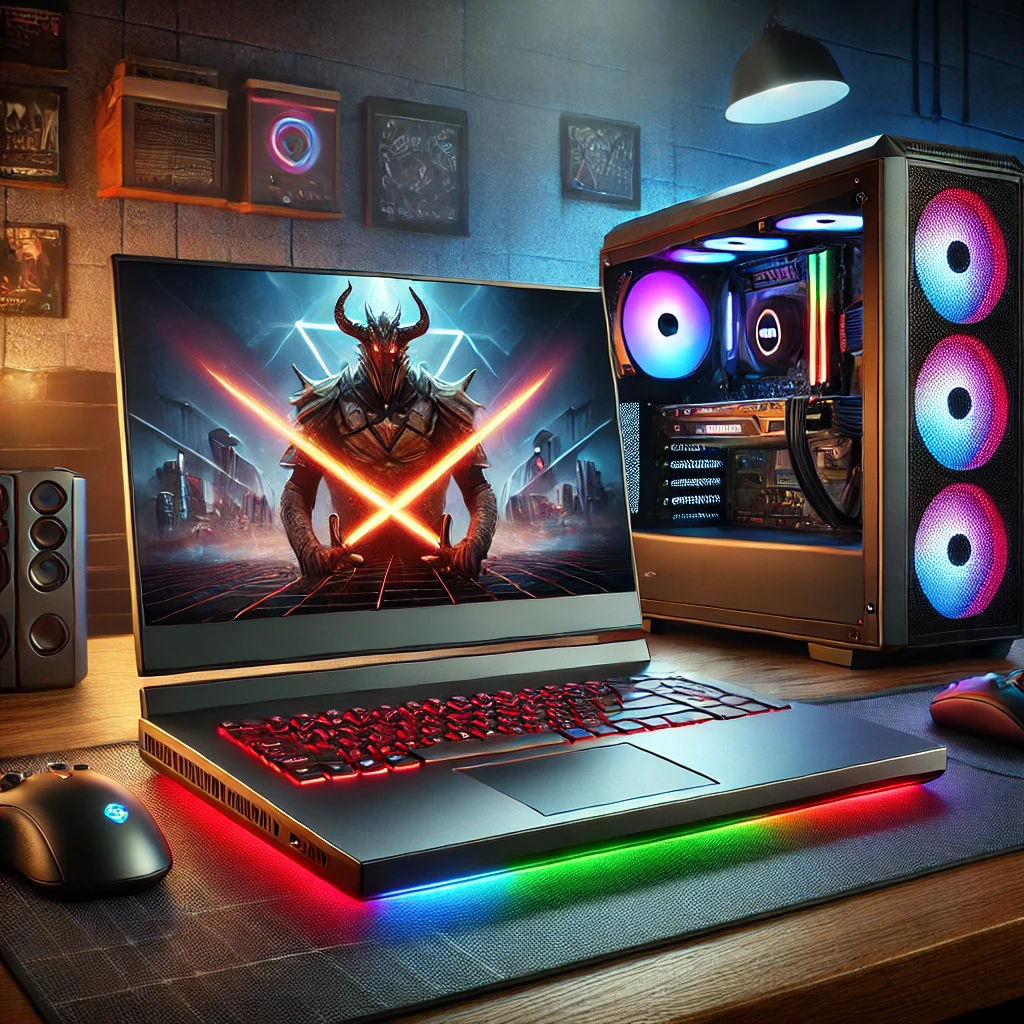Can You Play Games Off an External Hard Drive – What to Expect
Disclosure: This post contains affiliate links. LaptopVoyager.com participates in the Amazon Associates Program and may earn commissions on qualifying purchases, at no extra cost to you.
Last Updated: November 2025
Storage fills up quickly these days, especially when modern games demand huge file sizes. That’s why many players wonder if they can run games straight from an external hard drive. You can—but how well it works depends heavily on the drive you’re using.
👉 If you want a better sense of how gaming laptops handle performance and storage, take a look at our guide to top-performing gaming laptops for an easy overview.
🔍 How External Hard Drives Work for Gaming
External drives plug in through USB and act as extra storage. Traditional HDDs rely on spinning disks, which makes them slower and more prone to long loading times.
External SSDs behave much closer to internal storage and can handle modern games far more smoothly.
🔍 Can You Play Games Directly From an External Drive?
Yes. Steam, Epic, and Xbox PC all let you install and run games from external storage.
Performance depends on drive speed. SSDs load assets quickly and feel responsive, while HDDs may struggle during open-world transitions or graphically intense scenes.
🔍 When an External Drive Is a Good Fit
An external SSD is ideal if your laptop has limited internal space or no upgrade options.
It also helps if you keep a large library and don’t want to uninstall games all the time.
HDDs still work fine for older, indie, or lightweight games that don’t depend on fast texture streaming.
🔍 When an External Drive Isn’t Ideal
Titles with heavy world streaming or large environments can feel sluggish on slower HDDs.
Multiplayer games that reload maps often may also show longer waits.
If stutters frustrate you, an internal SSD will always offer the smoothest consistency.
🔍 External SSD vs External HDD: Which Should You Use?
An external SSD connected over USB-C or USB 3.2 is the best overall choice for modern games.
External HDDs are cheaper but noticeably slower, and better suited for older or less demanding titles.
👉 If you’re tuning your setup for smoother gameplay, our guide on how much RAM modern games actually need can help you decide what to upgrade next.
📌 Key Takeaways
- You can run games from an external drive
- External SSDs offer the best experience
- HDDs are fine for older or simpler games
- Drive speed directly affects loading and smoothness
🟢 FAQs
Q: Will games run slower from an external HDD?
Yes. Load times increase and occasional stutters are common.
Q: Is an external SSD fast enough for modern games?
Yes, especially when plugged into USB-C or USB 3.2 ports.
Q: Can I install Steam or Epic games on an external drive?
Yes. Both platforms support external installation and launching.
Q: Does USB port speed matter?
Definitely. Faster ports improve loading times and responsiveness.
✅ Conclusion
You can absolutely play games from an external hard drive, but your experience depends on the drive type. External SSDs deliver smooth performance for most modern titles, while HDDs are best for older or lightweight games. If your internal storage is full, using an external SSD is an easy and effective way to expand your setup.

